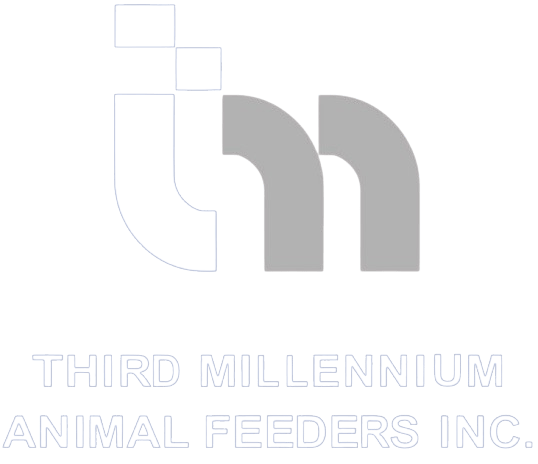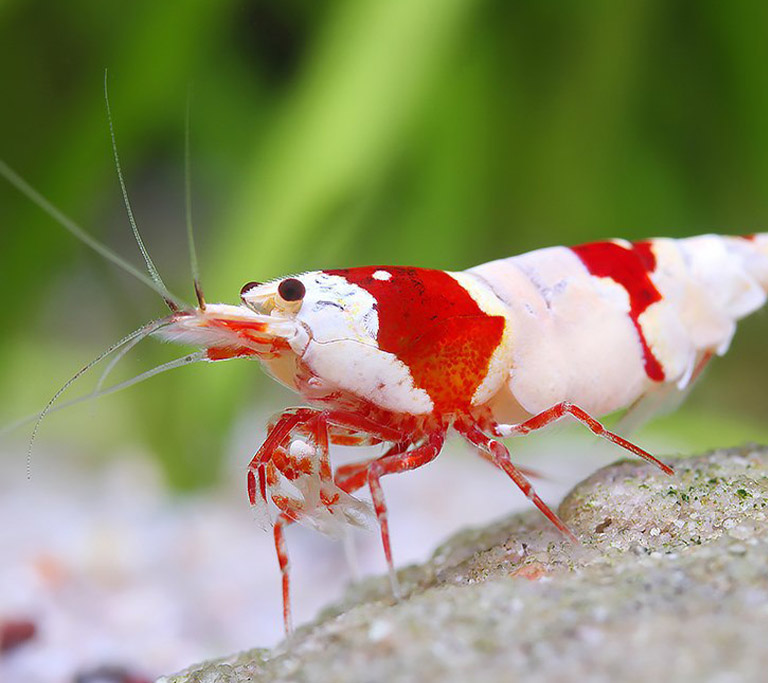


VestAmino® CC60
Choline chloride
Choline chloride is a widely used feed additive that offers several benefits when included in the diets of fish, crab, and shrimp. Here’s an overview of the benefits of using choline chloride in the feeding of these aquatic species:
- Lipid metabolism and liver health: Choline chloride plays a critical role in lipid metabolism, aiding in the transportation and metabolism of fats in the liver. It helps prevent the accumulation of fat in the liver, supporting liver health and preventing the development of fatty liver disease. Choline chloride supplementation promotes proper lipid metabolism and contributes to overall liver function in fish, crabs, and shrimp.
- Growth and development: Choline chloride is essential for the growth and development of aquatic species. It is involved in the synthesis of phospholipids, which are vital components of cell membranes. Adequate choline levels in the diet support healthy cellular structure and function, promoting optimal growth rates and improved performance in fish, crabs, and shrimp.
- Neurotransmitter synthesis: Choline chloride is a precursor for the synthesis of acetylcholine, a neurotransmitter essential for proper nerve function. Adequate choline levels in the diet support the normal development and function of the nervous system in fish, crabs, and shrimp. This is particularly important during critical growth stages and in supporting behavioural and physiological responses.
- Reproductive performance: Choline chloride plays a role in reproductive performance in aquatic species. It is involved in developing and maintaining reproductive tissues, including synthesizing DNA and RNA. Adequate choline levels in the diet support optimal reproductive function, fertility, and egg production in fish, crab, and shrimp.
- Stress management: Choline chloride has been associated with stress management in aquatic species. It plays a role in the synthesis of phospholipids in cell membranes, which helps maintain cellular integrity and resilience. Choline chloride supplementation can potentially mitigate the negative effects of stressors such as handling, transportation, or changes in environmental conditions, supporting overall well-being and performance.
It’s important to note that the inclusion level of choline chloride in fish, crab, and shrimp diets should be based on factors such as the species, life stage, health status, and specific nutritional requirements. Careful consideration should be given to the overall diet formulation and environmental conditions to achieve the optimal benefits of choline chloride supplementation. Choline chloride in the diets of fish, crab, and shrimp supports lipid metabolism, liver health, growth and development, neurotransmitter synthesis, reproductive performance, and stress management. Choline chloride is a valuable feed additive that contributes to these aquatic species’ overall health, performance, and well-being.





